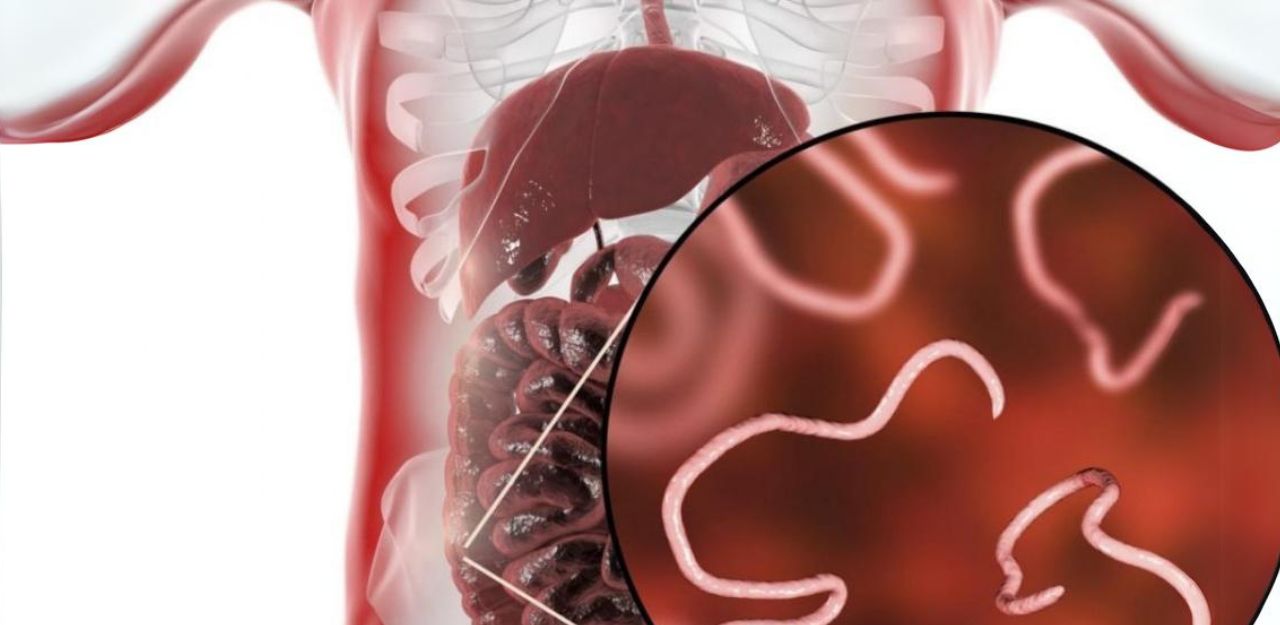Are you aware of the parasitic infection called ascariasis? This type of roundworm infection is caused by ingesting the eggs of the Ascaris lumbricoides worm, which is common in areas with poor sanitation and hygiene, particularly in tropical and subtropical regions. The symptoms of ascariasis can range from mild to severe, and they may include abdominal discomfort, cough, shortness of breath, vomiting, and intestinal blockage. Children are particularly at risk for this infection, and heavy infestations can lead to impaired growth and other serious complications.
In this blog post, we will explore the causes, symptoms, and treatments of ascariasis in detail. We will also provide valuable information on how to prevent this infection and what to do if you suspect you or someone you know may have it.
Causes of Ascariasis
Ascariasis is caused by ingesting the eggs of the Ascaris lumbricoides worm, which can occur through various means, such as consuming contaminated food or water, or through hand-to-mouth contact after handling contaminated soil. The eggs can then hatch in the small intestine and the larvae can migrate through the body, causing a range of symptoms depending on the affected area.
Symptoms of Ascariasis
Most people infected with ascariasis may not show any symptoms. However, when symptoms do occur, they can range from mild to severe. Some common symptoms include abdominal discomfort, cough, shortness of breath, vomiting, and intestinal blockage. Children with heavy infestations are at risk of impaired growth and other serious complications.
Treatments for Ascariasis
Ascariasis is treatable with medication prescribed by a healthcare provider. The drugs of choice for treatment are anthelmintic medications, such as albendazole and mebendazole. These medications are generally effective and have few side effects. The treatment duration typically lasts for 1–3 days, and the dosage is the same for both children and adults.
Prevention of Ascariasis
Preventing ascariasis involves practising good hygiene and taking preventive measures, especially in areas with poor sanitation. This includes washing hands regularly, avoiding consumption of contaminated food and water, and wearing shoes when walking on soil that may be contaminated with faeces.
In conclusion, ascariasis is a parasitic infection that can cause a range of symptoms, from mild to severe. It is important to practise good hygiene and take preventive measures, especially in areas with poor sanitation. If diagnosed, the infection can be effectively treated with anthelmintic medications, under the guidance of a healthcare provider. Stay safe and healthy.
Citations:
[1] https://www.cdc.gov/parasites/ascariasis/index.html
[2] https://www.healthline.com/health/ascariasis
[3] https://www.cdc.gov/parasites/ascariasis/gen_info/faqs.html
[4] https://my.clevelandclinic.org/health/diseases/14071-ascariasis
[5] https://www.ncbi.nlm.nih.gov/books/NBK430796/
[6] https://www.mayoclinic.org/diseases-conditions/ascariasis/symptoms-causes/syc-20369593
[7] https://www.mayoclinic.org/diseases-conditions/ascariasis/diagnosis-treatment/drc-20369597
[8] https://www.cdc.gov/parasites/ascariasis/treatment.html
[9] https://emedicine.medscape.com/article/212510-treatment




